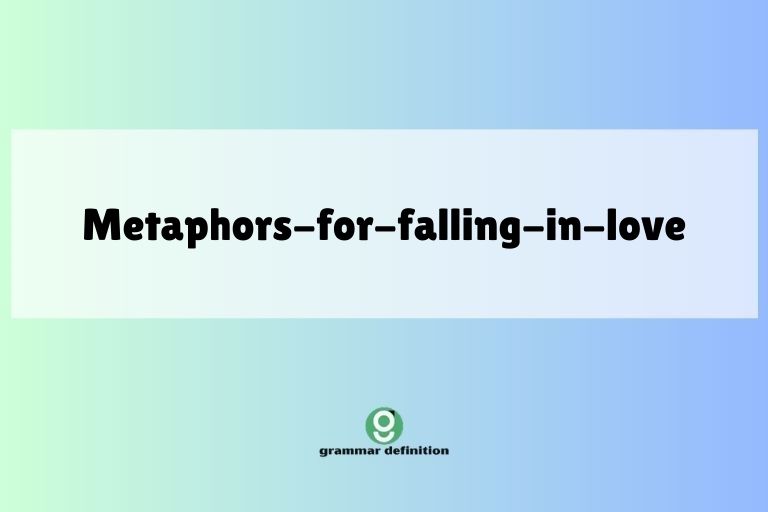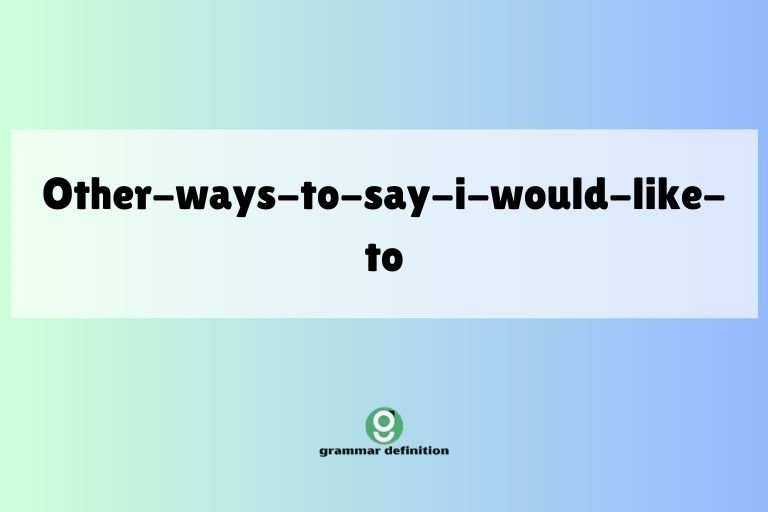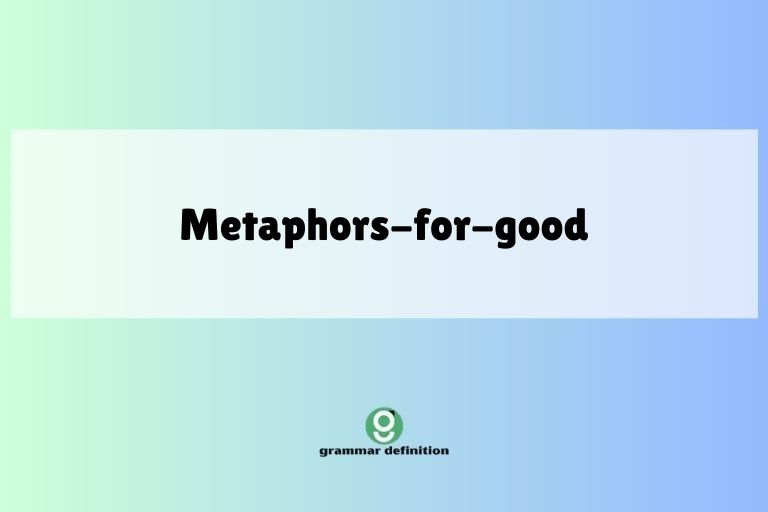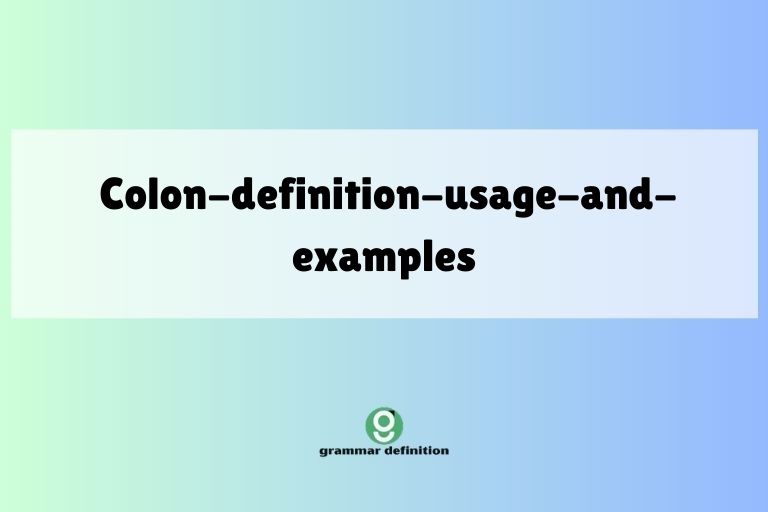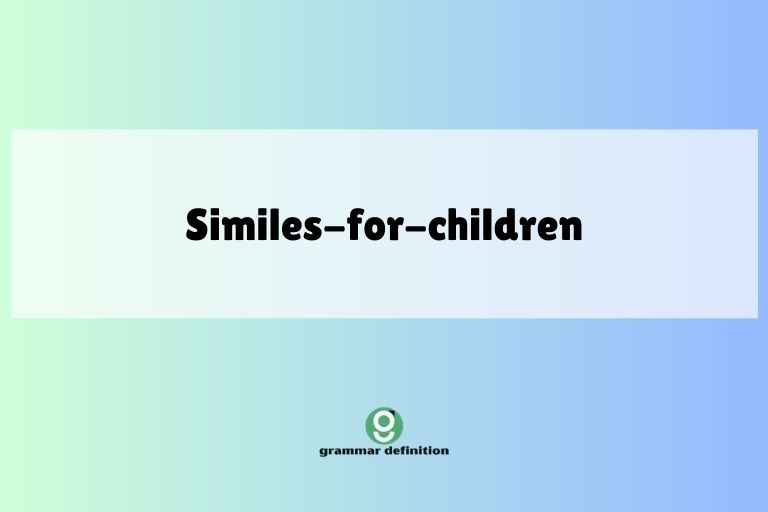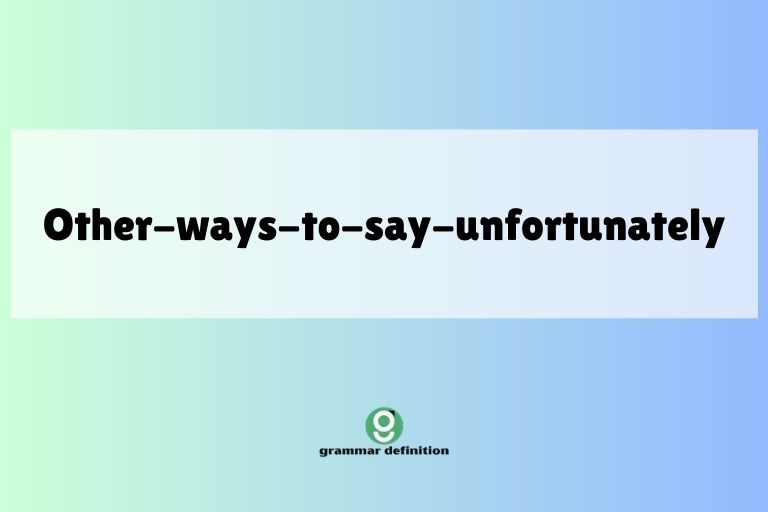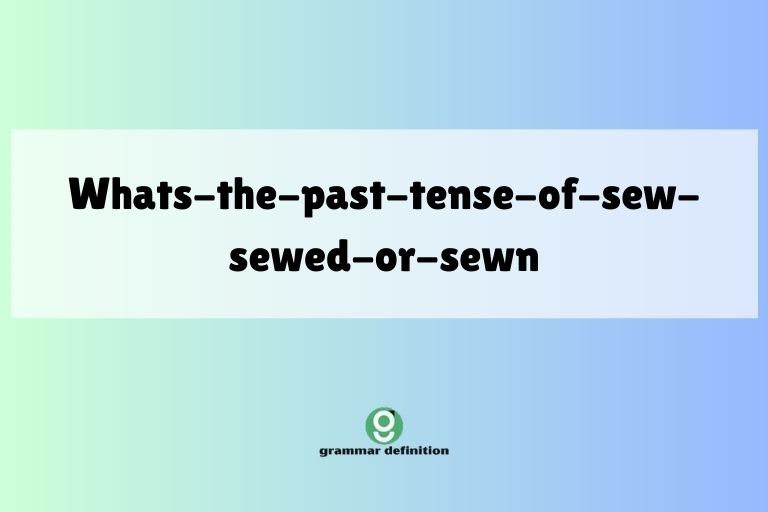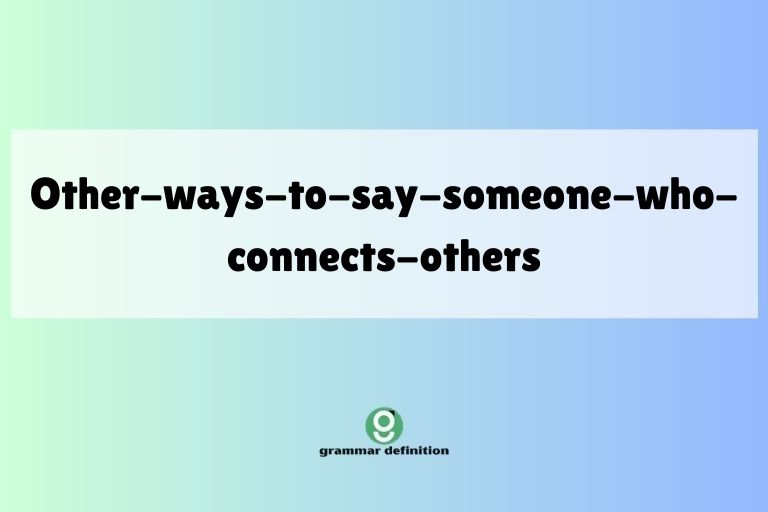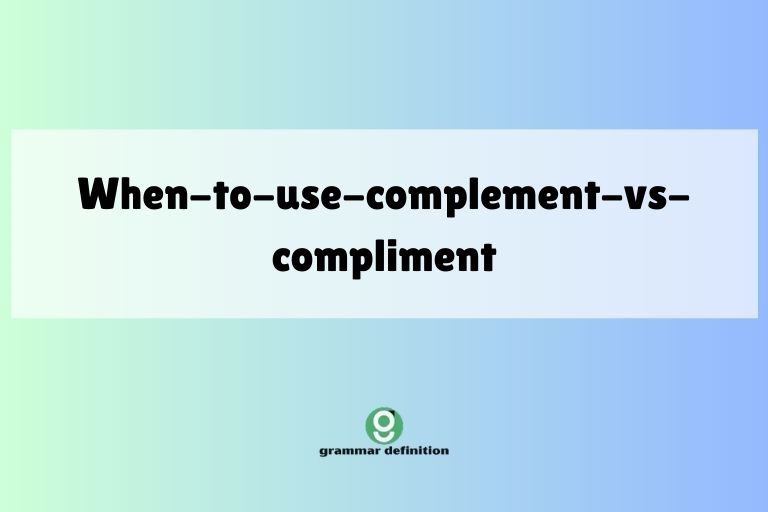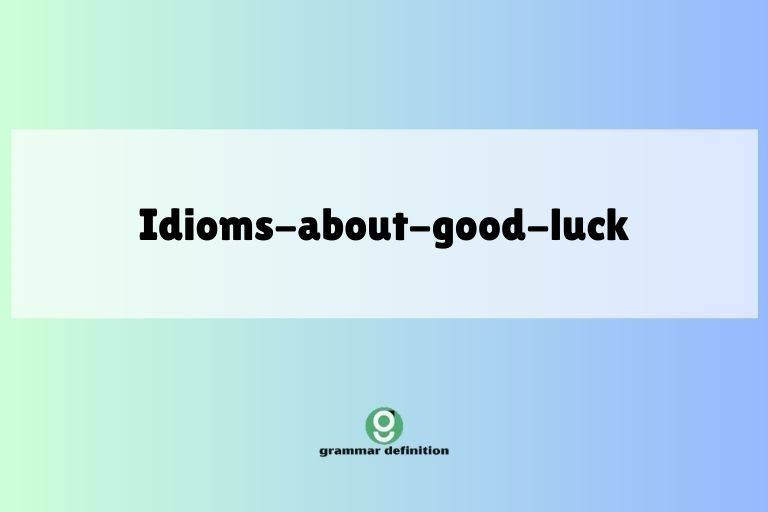Metaphors for Falling in Love: A Grammatical Exploration
Falling in love is one of the most profound human experiences, often described using vivid and imaginative language. Metaphors play a crucial role in expressing the complex emotions and sensations associated with this experience. Understanding these metaphors not only enhances our appreciation of literature and poetry but also deepens our understanding of how language shapes … Read more

